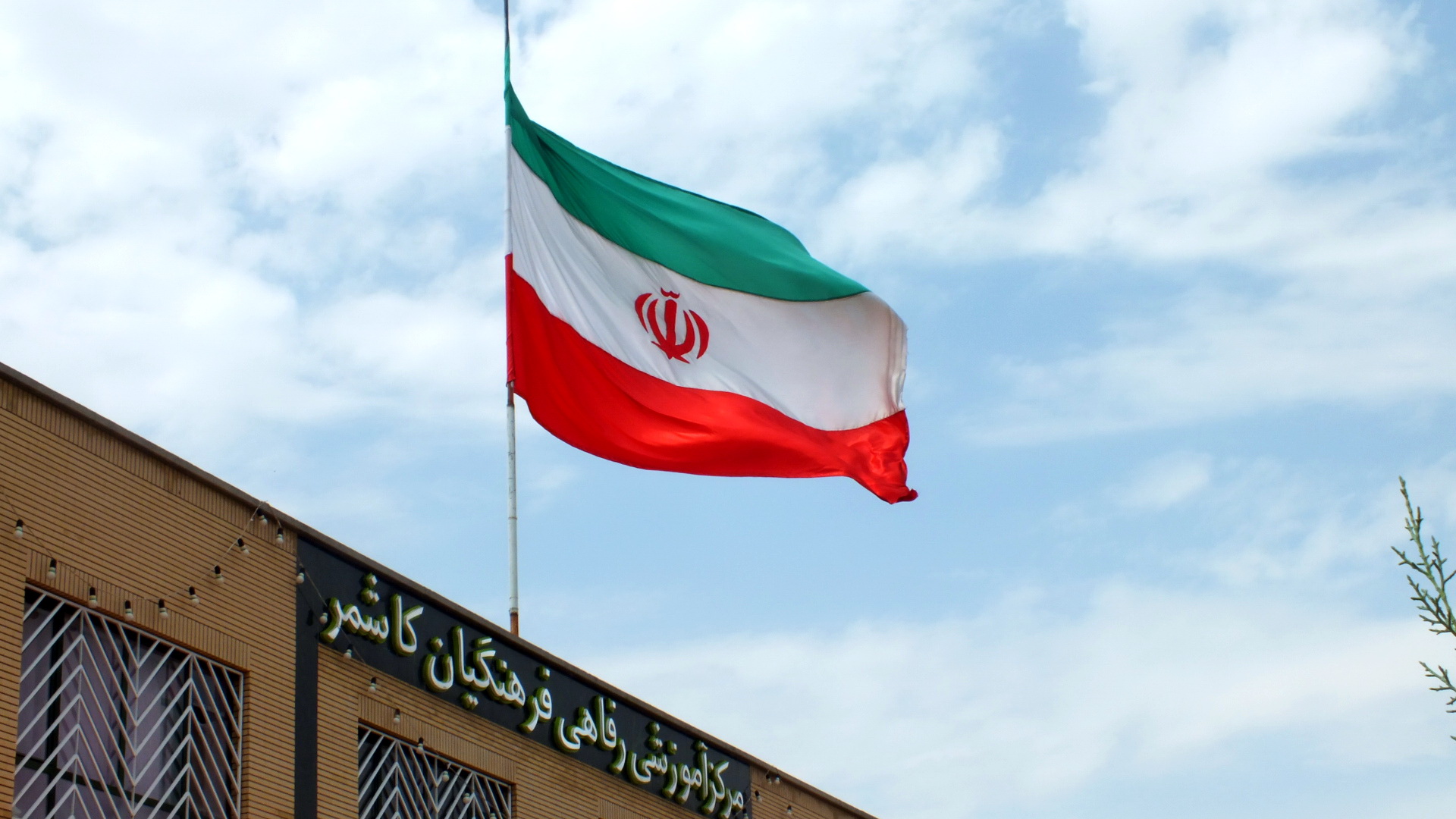Germany and France were the first to support the preservation of the deal on the Iranian nuclear program to the United States, which is considered the main foreign policy ally of the EU. The European side believes that any weakening of the agreement on the inadmissibility of developing nuclear weapons by Iran can have serious consequences for peace.
German Foreign Minister Sigmar Gabriel said at a meeting with his EU counterparts that all Europeans are extremely concerned that the decision of US President Donald Trump could lead to a military confrontation with Iran.
The head of the EU foreign policy department, Federica Mogherini, who presided at the final stage of the 2015 negotiations, held closed talks on what steps the bloc of 28 countries should take.
She insists that the terms of the nuclear deal should be respected; the International Atomic Energy Agency (IAEA) is of the same opinion. Donald Trump, in turn, said earlier that the deal with Iran was "the worst deal ever discussed."
"Nonproliferation is one of the most important elements of world security, and its violation would be extremely dangerous," French Foreign Minister Jean-Yves Le Drian told reporters. "We hope that the US Congress will not put this agreement in jeopardy."
While NATO has a recently installed missile shield in Romania to potentially knock down any Iranian missiles, EU governments want Tehran to dismantle its growing arsenal. Tehran also claims that the missiles are designed exclusively for defense.
But while several EU governments, including the Netherlands and Britain, said that Iran's ballistic missiles and Tehran's interventions in Syria and Yemen are a matter of concern, the ministers claimed the priority is to maintain the 2015 agreement
After 12 years of negotiations, which the EU diplomats helped to initiate and hold, the agreement with Iran has become the most significant diplomatic success for the bloc over several decades.
Earlier, President of the United States Donald Trump said that his administration is revising previous US strategy towards Iran, sanctions against the Islamic Revolutionary Guard Corps and thinking over a possibility of abandoning the previously concluded nuclear agreement with Iran.
In his speech, Donald Trump actually shifted the responsibility of making a decision on further fulfillment of the nuclear deal with Iran to the US Congress, saying that he refused to confirm to American congressmen compliance with the agreement on the nuclear program from Iran.
source: reuters.com
German Foreign Minister Sigmar Gabriel said at a meeting with his EU counterparts that all Europeans are extremely concerned that the decision of US President Donald Trump could lead to a military confrontation with Iran.
The head of the EU foreign policy department, Federica Mogherini, who presided at the final stage of the 2015 negotiations, held closed talks on what steps the bloc of 28 countries should take.
She insists that the terms of the nuclear deal should be respected; the International Atomic Energy Agency (IAEA) is of the same opinion. Donald Trump, in turn, said earlier that the deal with Iran was "the worst deal ever discussed."
"Nonproliferation is one of the most important elements of world security, and its violation would be extremely dangerous," French Foreign Minister Jean-Yves Le Drian told reporters. "We hope that the US Congress will not put this agreement in jeopardy."
While NATO has a recently installed missile shield in Romania to potentially knock down any Iranian missiles, EU governments want Tehran to dismantle its growing arsenal. Tehran also claims that the missiles are designed exclusively for defense.
But while several EU governments, including the Netherlands and Britain, said that Iran's ballistic missiles and Tehran's interventions in Syria and Yemen are a matter of concern, the ministers claimed the priority is to maintain the 2015 agreement
After 12 years of negotiations, which the EU diplomats helped to initiate and hold, the agreement with Iran has become the most significant diplomatic success for the bloc over several decades.
Earlier, President of the United States Donald Trump said that his administration is revising previous US strategy towards Iran, sanctions against the Islamic Revolutionary Guard Corps and thinking over a possibility of abandoning the previously concluded nuclear agreement with Iran.
In his speech, Donald Trump actually shifted the responsibility of making a decision on further fulfillment of the nuclear deal with Iran to the US Congress, saying that he refused to confirm to American congressmen compliance with the agreement on the nuclear program from Iran.
source: reuters.com





